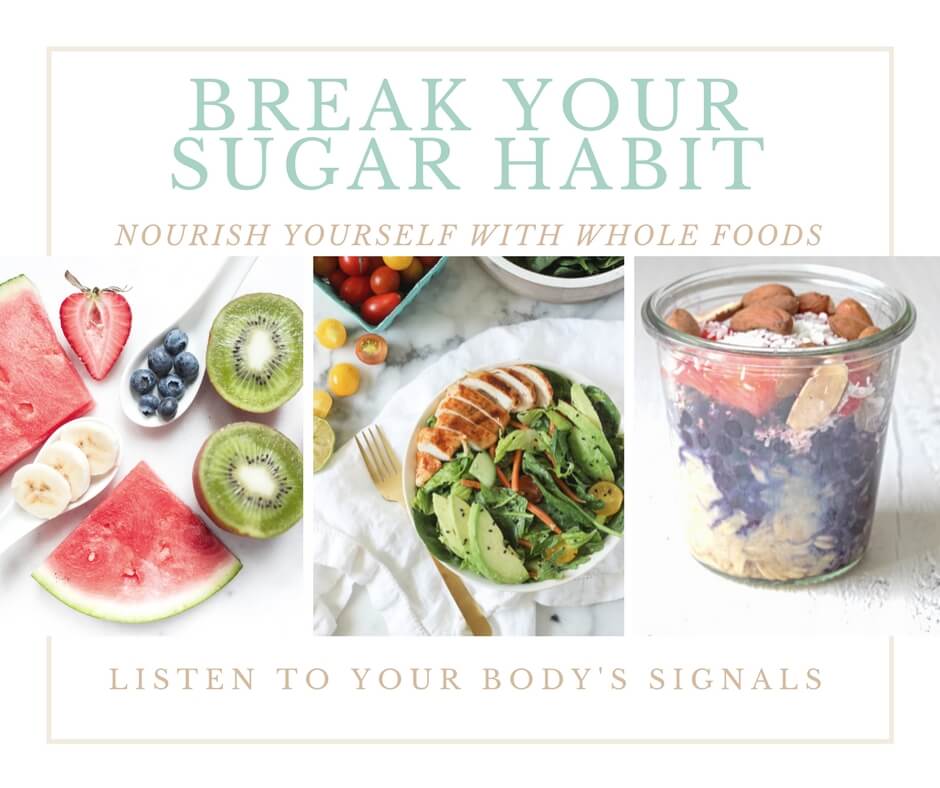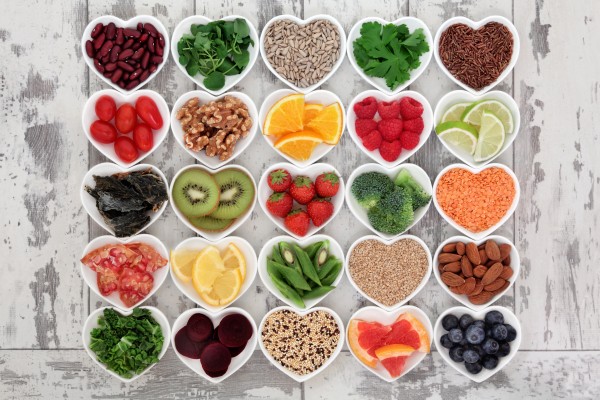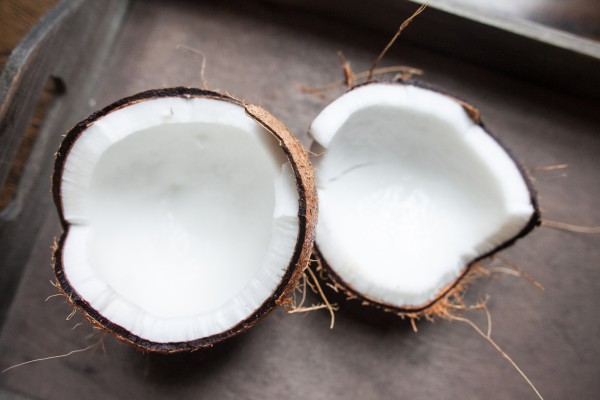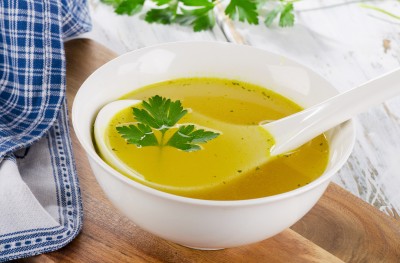heart healthy
03/1/18
Do you consistently have sugar cravings? Do you dream [...]
12/15/17
During the holiday season, it’s difficult to stay balanced – [...]
06/28/15
According to the Centers for Disease Control (CDC), cardiovascular disease [...]
05/20/15
We all know that after school snack time is critical. [...]
11/17/14
ADORE YOUR BODY FOR IT HOUSES THE DREAMS AND DESIRES [...]
10/30/14
Do you suffer from adrenal fatigue? Do you have dry [...]








